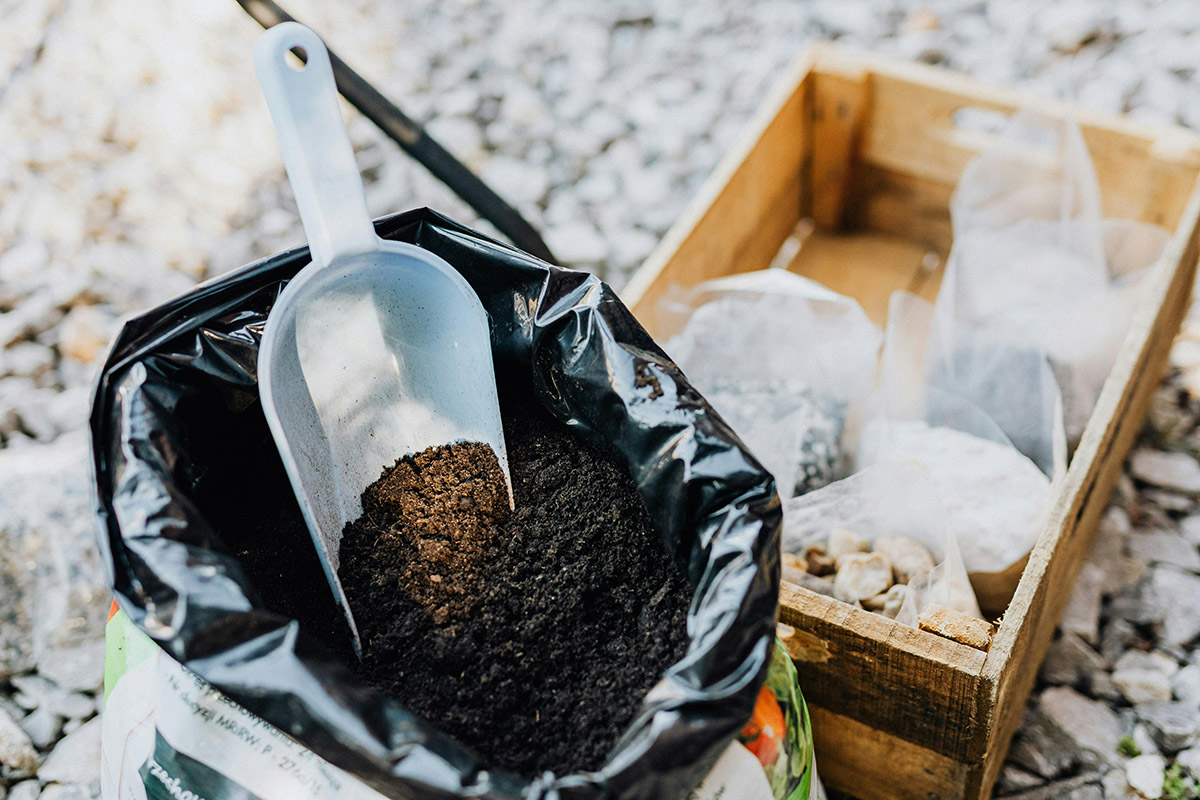
Zero Waste: Closing the Loop, Opening Opportunities
At ARBA, waste is not seen as a problem but as a source of value. The project incorporates a comprehensive waste management system designed to minimize pollution, maximize the use of byproducts, and convert waste into inputs for new productive chains.
-
Utilization of Organic Waste: Waste generated from the TIF slaughterhouse, agriculture, and livestock (plant residues, manure, blood, bones, etc.) will be processed to produce compost, minerals, and organic fertilizers.
-
Processing of Hypersaline Water: Instead of discharging brine into the sea, concentration technologies will be used to extract minerals, produce fertilizers, cultivate microalgae, and generate other high-value products, reducing environmental impact and creating additional income.
-
Separation and Recycling of Solid Materials: Inorganic waste such as cardboard, plastics, metals, and packaging will be sorted, treated, and sent to recycling centers—promoting a circular value chain and reducing landfill generation.
-
Treatment and Reuse of Wastewater: Water used in production processes will be treated and reused for irrigation, closing the water cycle within the productive complex.
-
Environmental Education and Recycling Culture: ARBA will promote community programs to encourage waste separation, recycling, and environmental responsibility among workers, producers, and surrounding families.
Smart waste management at ARBA not only reduces the ecological footprint—it also generates new businesses, jobs, and products, consolidating an economically viable and environmentally regenerative model.